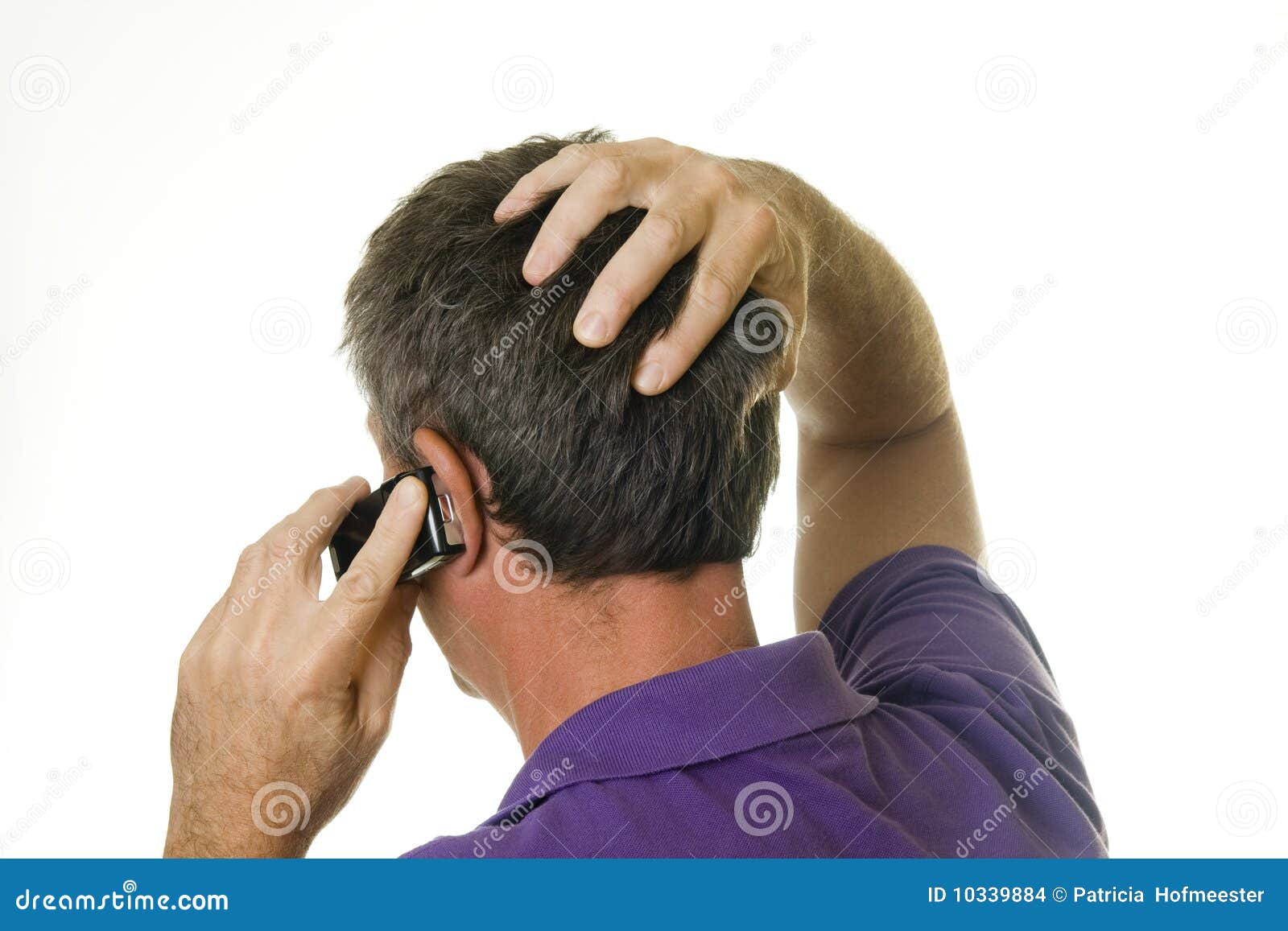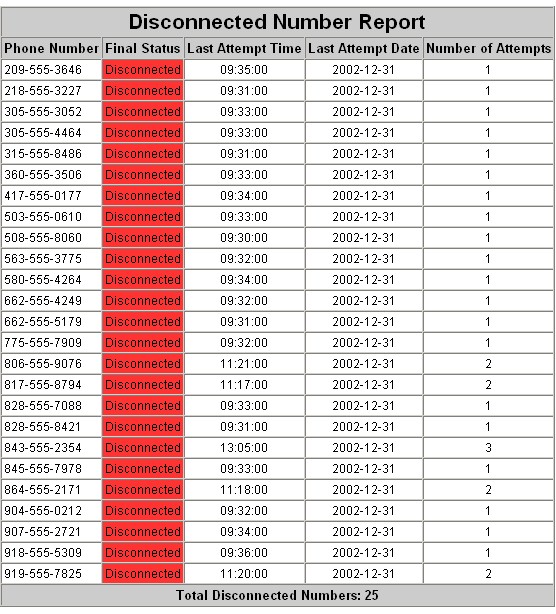You've probably received a mysterious call from an unknown number, right? Ever wondered if it's safe to pick up or not? Let's face it, in today's digital world, bad phone numbers are everywhere. These numbers can lead to scams, fraud, or even identity theft. It's time to arm yourself with the knowledge to spot and avoid these dangerous calls. In this article, we'll dive deep into the world of bad phone numbers to call and help you stay safe.
Every year, millions of people fall victim to phone scams. The consequences? Lost money, stolen personal information, and a lot of stress. Understanding what constitutes a bad phone number is the first step toward protecting yourself. This guide will walk you through the signs, risks, and strategies to avoid becoming a victim.
Whether you're dealing with robocalls, spoofed numbers, or telemarketers, we've got you covered. Let's take a closer look at how to identify bad phone numbers and what you can do to keep yourself safe. Remember, knowledge is power, and staying informed could save you a lot of trouble down the road.
Read also:Green Characters In Cartoons The Colorful Side Of Animation
What Are Bad Phone Numbers to Call?
Bad phone numbers to call are those that aim to deceive, steal, or harass you. These numbers often come from scammers, fraudsters, or automated systems designed to trick you into giving away sensitive information. They can appear as unknown callers, spoofed numbers, or even numbers that look familiar but are actually fake.
Some common examples of bad phone numbers include:
- Robocalls offering "free" vacations or prizes.
- Spoofed numbers pretending to be from the IRS, police, or other official organizations.
- Numbers with unusual area codes, especially international ones.
- Telemarketers pushing high-pressure sales tactics.
The key is to stay vigilant and trust your instincts. If something feels off, it probably is.
How to Identify Bad Phone Numbers
Spotting a bad phone number isn't always easy, but there are some telltale signs to look out for. Here's a quick rundown:
1. Unusual Area Codes
Numbers with unfamiliar area codes, especially international ones, should raise a red flag. Scammers often use these numbers to make it seem like they're calling from another country. For example, area codes like 876 (Jamaica) or 284 (British Virgin Islands) are commonly used in scams.
2. Spoofed Numbers
Spoofing is when scammers manipulate their caller ID to display a number that looks legitimate. They might use your own area code or even mimic official numbers from government agencies. Always be cautious if a call seems too good to be true or demands immediate action.
Read also:Ginger Jokes A Hilarious Dive Into The World Of Redheads
3. Automated Messages
Robocalls are a major nuisance and often a sign of a bad phone number. These calls usually involve pre-recorded messages offering deals, prizes, or warnings. If you receive one, hang up immediately and don't press any buttons, as this can lead to more calls.
Why Are Bad Phone Numbers Dangerous?
Bad phone numbers aren't just annoying; they can be downright dangerous. Scammers use these numbers to steal your money, personal information, and even your identity. Here's why you should take them seriously:
- Financial Loss: Scammers often trick people into sending money or providing credit card details.
- Identity Theft: By gathering your personal information, scammers can open accounts, apply for loans, or commit other fraudulent activities in your name.
- Emotional Distress: Being scammed can lead to stress, anxiety, and a loss of trust in others.
The impact of a bad phone number can be far-reaching, so it's crucial to stay informed and proactive.
Top 10 Warning Signs of Bad Phone Numbers
Here's a list of warning signs to help you identify bad phone numbers:
- Unsolicited calls from unknown numbers.
- Pressured demands for immediate action or payment.
- Requests for sensitive information, such as Social Security numbers or bank details.
- Offers that seem too good to be true, like free vacations or prize winnings.
- Threats of legal action or arrest if you don't comply.
- Repeated calls from the same number despite blocking it.
- Strange area codes or numbers that don't match your region.
- Automated messages without a live person to speak with.
- Unusual patterns, such as calls at odd hours or excessive frequency.
- Numbers that show up as "Blocked" or "No Caller ID."
If you notice any of these signs, it's best to err on the side of caution and avoid answering the call.
How to Protect Yourself from Bad Phone Numbers
Now that you know what to look for, let's talk about how to protect yourself from bad phone numbers. Here are some practical tips:
1. Use Caller ID Apps
There are plenty of apps and services that can help you identify and block bad phone numbers. Some popular options include Hiya, Truecaller, and Nomorobo. These tools can flag suspicious calls and even block them automatically.
2. Enable Do Not Call Registry
The National Do Not Call Registry is a great resource for reducing unwanted telemarketing calls. By registering your number, you can limit the number of sales calls you receive. However, scammers may still try to reach you, so stay vigilant.
3. Block Unknown Numbers
Most smartphones have a built-in feature to block unknown or suspicious numbers. Use this feature to prevent future calls from these numbers. You can also set up call filtering rules to automatically send unwanted calls to voicemail.
Common Scams Linked to Bad Phone Numbers
Scammers use bad phone numbers to perpetrate a variety of schemes. Here are some of the most common scams to watch out for:
1. IRS Impersonation Scams
Scammers often pretend to be from the IRS, claiming you owe back taxes. They may threaten legal action or arrest if you don't pay immediately. Remember, the IRS will never call you out of the blue demanding payment.
2. Tech Support Scams
These scammers claim to be from a tech company like Microsoft or Apple, saying your computer has been compromised. They'll ask for remote access to "fix" the problem, but in reality, they're trying to steal your data.
3. Prize and Lottery Scams
You might receive a call claiming you've won a prize or lottery, but to claim it, you need to pay fees or provide personal information. If you didn't enter a contest, it's probably a scam.
What to Do If You Answer a Bad Phone Number
Even the most careful person can accidentally answer a bad phone number. If this happens, don't panic. Here's what you should do:
- Hang up immediately and don't engage with the caller.
- Don't provide any personal or financial information.
- Block the number to prevent future calls.
- Report the number to the Federal Trade Commission (FTC) or equivalent authority in your country.
If you suspect you've been scammed, take immediate action to protect your accounts and personal information. Change passwords, monitor your credit reports, and contact your bank if necessary.
Tools and Resources to Combat Bad Phone Numbers
There are several tools and resources available to help you combat bad phone numbers. Here are a few worth checking out:
1. Federal Trade Commission (FTC)
The FTC provides resources and guidance on how to deal with scams and unwanted calls. You can report suspicious numbers to them for further investigation.
2. Federal Communications Commission (FCC)
The FCC offers information on robocalls and spoofing, as well as steps you can take to protect yourself. They also provide guidelines for blocking unwanted calls.
3. Caller ID Apps
As mentioned earlier, apps like Hiya, Truecaller, and Nomorobo can help you identify and block bad phone numbers. These tools use crowd-sourced data to flag suspicious calls.
Understanding the Psychology Behind Bad Phone Numbers
Scammers are masters of manipulation, using psychology to trick their victims. They often prey on fear, greed, or urgency to get what they want. Here are some tactics they use:
- Fear: Threatening legal action, arrest, or other consequences to instill fear.
- Greed: Offering fake prizes, lottery winnings, or investment opportunities.
- Urgency: Creating a sense of urgency to pressure you into making quick decisions.
By understanding these tactics, you can better recognize and resist scammers' attempts to deceive you.
Final Thoughts and Call to Action
Bad phone numbers to call are a growing problem, but with the right knowledge and tools, you can protect yourself from becoming a victim. Remember to stay vigilant, trust your instincts, and take action if you suspect a number is suspicious.
We encourage you to share this article with friends and family to help them stay safe. If you have any questions or experiences to share, feel free to leave a comment below. Together, we can fight back against scammers and create a safer digital world.
Now, go forth and answer those calls with confidence!
Table of Contents
- What Are Bad Phone Numbers to Call?
- How to Identify Bad Phone Numbers
- Why Are Bad Phone Numbers Dangerous?
- Top 10 Warning Signs of Bad Phone Numbers
- How to Protect Yourself from Bad Phone Numbers
- Common Scams Linked to Bad Phone Numbers
- What to Do If You Answer a Bad Phone Number
- Tools and Resources to Combat Bad Phone Numbers
- Understanding the Psychology Behind Bad Phone Numbers
- Final Thoughts and Call to Action


